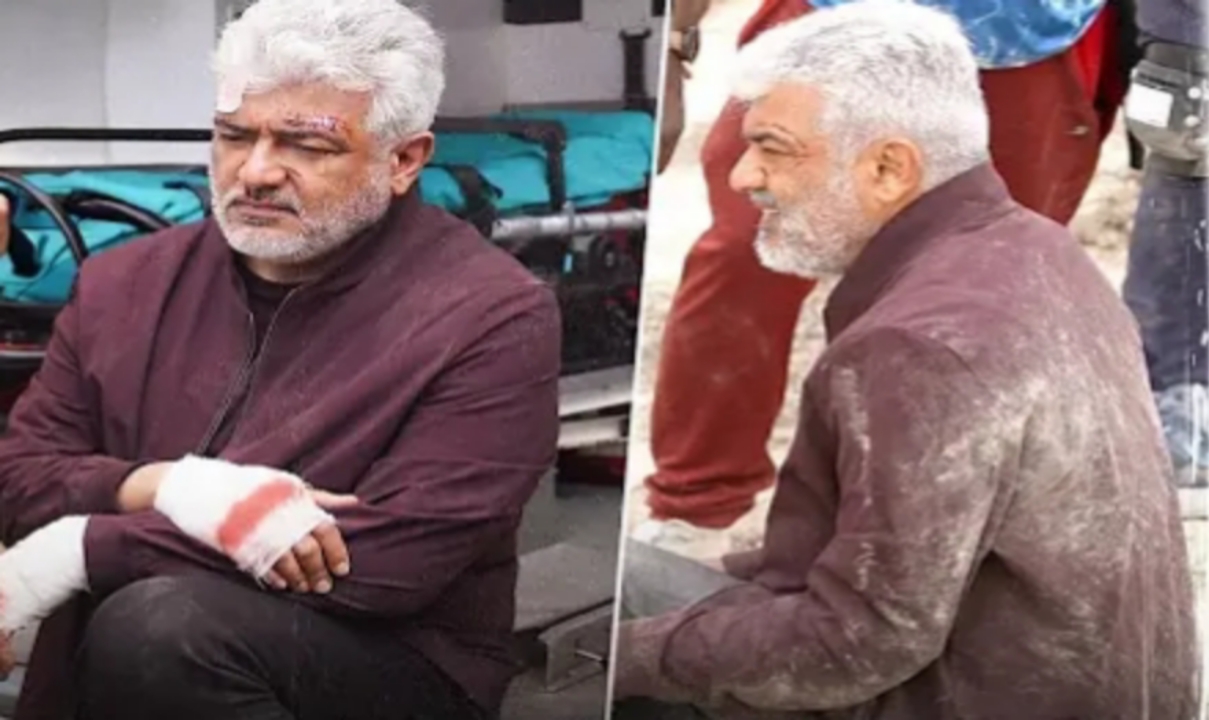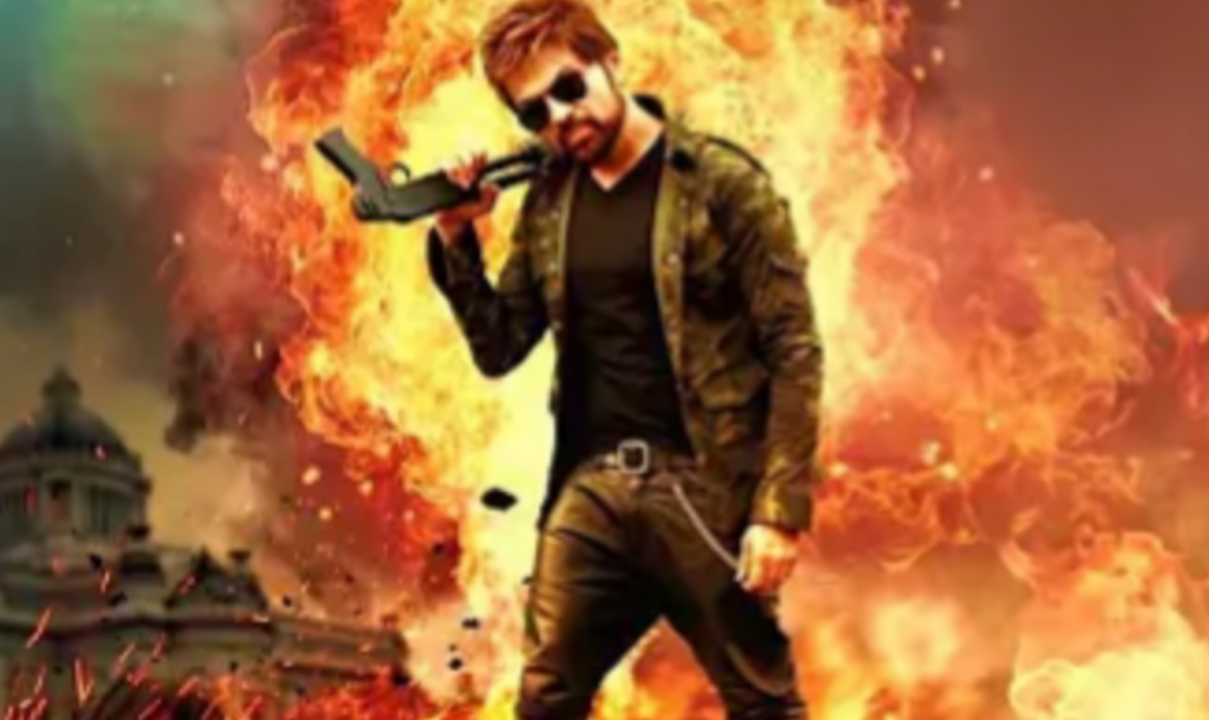How to Make Your First Short Film: A Crash Course
Making a short film is an exciting and creative process that enhances your storytelling abilities. Whether you dream of becoming a filmmaker or simply want to learn a new art form, making a short film is a fantastic way to start. Here, we provide you with a 1200-word crash course to help you create your first short film.
1. Story Selection
The first step in making a short film is choosing a good story. Since the duration of a short film is limited (usually 5 to 20 minutes), the story should be simple and concise.
- Theme: Choose a theme that inspires you. It could be a social issue, personal experience, or a fictional tale.
- Message: Think about the message you want to convey to the audience. In a short film, the message should be clear and impactful.
- Story Structure: The short film should have a clear beginning, middle, and end. You can divide the story into three acts: introduction, conflict, and resolution.
2. Script Writing
After selecting the story, write it in the form of a script. The script is the foundation of the film, containing dialogues, scenes, and character details.
- Dialogue: Dialogues should be brief and effective. Every word matters in a short film.
- Scene Description: Scene descriptions should be clear and detailed so that the team can easily understand them.
- Format: Use the correct format while writing the script. You can use software like Celtx or Final Draft.
3. Pre-Production
Pre-production is the stage where you prepare to make the film. This is one of the most crucial stages, as your planning here determines the success of the film.
- Casting: Select the right actors. Audition them according to the characters and choose accordingly.
- Location Scouting: Choose suitable locations for the film. Ensure that the location aligns with your story.
- Budget: Set a budget for the short film. This may include costs for the camera, lighting, actors’ fees, and other expenses.
- Shooting Schedule: Create a shooting schedule according to the scenes. This will ensure proper utilization of time and resources.
4. Production
The production stage is where you actually shoot the film. This stage can be exciting but also comes with its challenges.
- Camera and Lighting: Use good quality cameras and lighting equipment. This will enhance the visual quality of the film.
- Sound Recording: Use microphones and sound recording equipment for good sound quality. Poor sound can ruin the film.
- Direction: Provide proper direction to the actors. Help them understand the emotions and dialogues of the characters.
5. Post-Production
After shooting is complete, the post-production stage begins. This is where you edit the film and give it its final shape.
- Editing: Edit the scenes of the film. You can use software like Adobe Premiere Pro or Final Cut Pro. Ensure that the story remains clear and impactful during editing.
- Sound Design: Add music, sound effects, and dubbing to the film. This brings the film to life.
- Color Grading: Balance the colors of the scenes. This enhances the visual quality of the film.
6. Screening and Promotion
Once the film is complete, it’s time to reach out to the audience.
- Film Festivals: Submit your film to film festivals. This is a great way to showcase your film and gain recognition.
- Social Media: Promote your film on social media. Share trailers, posters, and banners.
- YouTube and Vimeo: Upload your film on online platforms. This helps your film reach a wider audience.
7. Learn and Improve
After making your first short film, take feedback and learn from your mistakes. Every film is a new experience that makes you a better filmmaker.
- Audience Feedback: Take feedback from the audience and understand their opinions.
- Technical Improvements: Improve your technical skills, such as camera work, editing, and sound design.
- Storytelling Skills: Continuously improve your storytelling skills. This will make your films more impactful.
Conclusion
Making your first short film can be a challenging yet rewarding experience. This crash course will help you understand the basics of short filmmaking. Remember, success requires patience, hard work, and creativity. So, start your storytelling journey and impress the world with your art!
Best of luck!














